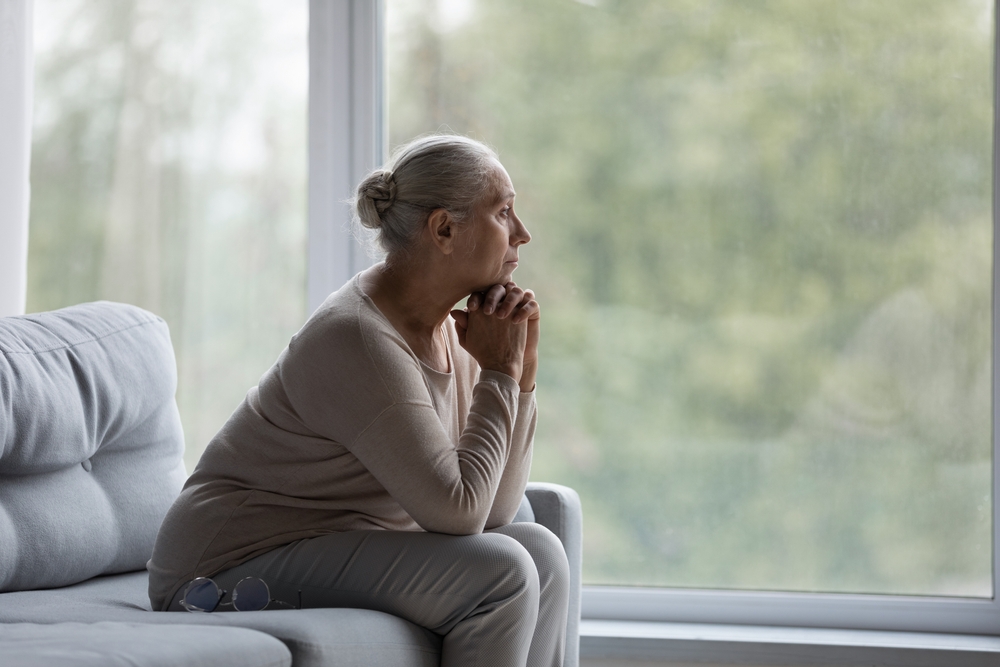Losing a spouse is a profound and emotionally challenging experience at any age, but for the elderly, it can be particularly devastating. The bond formed over decades of shared experiences, joys, and challenges creates a unique connection that becomes an integral part of one’s identity. In this article, we explore the depths of elderly grief and offer insights into how individuals can navigate this painful journey.
The Uniqueness of Elderly Grief:
Elderly grief carries its own set of complexities. Many couples have spent the majority of their lives together, building families, creating memories, and growing old side by side. The loss of a spouse can feel like losing a part of oneself, leaving a void that seems insurmountable. Elderly individuals may also grapple with their own mortality, facing the reality that they, too, are nearing the end of their journey.
Understanding the Grieving Process:
Grieving is a unique and individual process that varies from person to person. Elderly individuals may experience a range of emotions, including shock, denial, anger, depression, and acceptance. It is essential to recognize that grief has no set timeline, and each person copes in their own time and way.
Support Systems for the Elderly:
Creating a strong support system is crucial for elderly individuals coping with the loss of a spouse. Family members, friends, and community resources can play a pivotal role in providing emotional support and companionship. Encouraging open communication and offering a listening ear can make a significant difference in helping an elderly individual navigate their grief.
Maintaining Connections:
Loneliness is a common challenge for the elderly, especially after the loss of a spouse. It’s important for individuals in this situation to actively seek connections with others. Joining social groups, engaging in community activities, or participating in support groups can help combat isolation and provide a sense of belonging.
Seeking Professional Help:
Grief counseling or therapy can be beneficial for elderly individuals struggling with the loss of a spouse. Professional counselors can provide a safe space to express emotions, explore coping strategies, and navigate the challenges of adjusting to life without a lifelong partner.
Honoring the Memory:
Finding meaningful ways to honor the memory of a deceased spouse can be a healing and comforting process. Creating a memorial, participating in rituals, or engaging in activities that were once shared can help keep the spirit of the loved one alive in the hearts of the grieving.
Losing a spouse in old age is an inevitable part of life, but navigating the journey of elderly grief requires resilience, support, and self-compassion. By recognizing the unique challenges faced by the elderly in grief and fostering a strong support network, individuals can find solace and eventually embark on a path towards healing and acceptance.
FirstLantic Healthcare has been serving the South Florida community since 2000. If you or someone you know needs home healthcare services in South Florida, FirstLantic can help. We are locally owned and operated, providing our patients with the best home care services in Fort Lauderdale (Broward County) and Delray Beach (Palm Beach County) since 2000. We have also been named Top Workplaces by the Sun Sentinel for 8 years in a row. Click here to contact us.
To read more of our blogs, click here.
 AVAILABLE 24 HOURS A DAY/7 DAYS A WEEK
AVAILABLE 24 HOURS A DAY/7 DAYS A WEEK Careers
Careers



